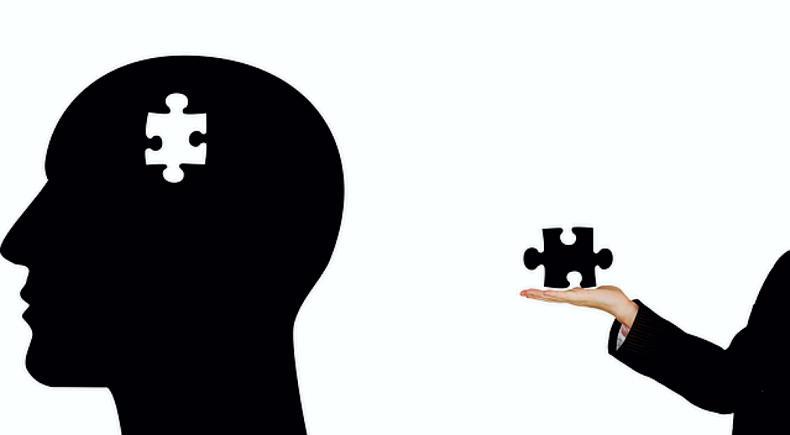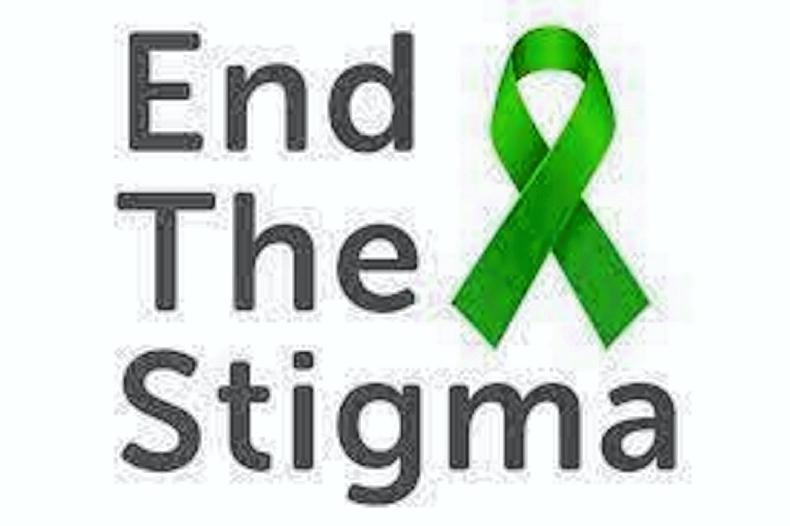This year, the Irish Jockeys’ Trust launched a ‘Career, Wellbeing and Education Survey’ amongst professional jockeys in Ireland. The survey was carried out in February and all responses were collected anonymously.
The idea of the survey was based on an initiative by Katie McManmon, career coach at the Irish Jockeys’ Trust. Katie had identified a lack of basic data held centrally on all professional jockeys to establish career profiles during and after their racing careers.
The overarching aim of this survey was to establish the baseline elements of the needs of jockeys throughout their career, and the level of support for career transitions following race riding. It was felt that this data could be valuable for providers, industry stakeholders and agencies working with jockeys.
The survey included questions on three areas: education, further education and training, and on mental health supports. The results of the study have been circulated to jockeys, industry stakeholders and agencies supporting jockeys.
Results summary
The survey was circulated amongst 201 professional jockeys with a good response rate, and the results are listed under three headings.
Education
38% of respondents said that they were keen to improve their literacy skills 80% of respondents said that they were keen to improve their financial literacy skills 77% of respondents said that they had not used the internet for any form of learning or study
Career
Of the 67 respondents, 35, or just over half, highlighted that they were considering a career change in the next five to 10 years. However, when asked if they had a career plan in mind, the majority, 83%, said that they did not. Tellingly, when asked if they would avail of assistance with this, 46% said that yes they would, 43% said maybe, with only 10% saying no. While considering a career change, 75% of respondents said that they wished to remain working in the industry. When asked what kind of roles they found attractive as a next step, becoming a bloodstock agent, training and working for the IHRB all came out frequently in the responses.
Mental Health Supports
Two in five, or 39%, of respondents said that they required mental health support at one stage or another in their careers. Broken down further, 82% said that they either consciously or sometimes were proactive in looking after their mental health, while 18% said they didn’t consciously look out for it. Less than 5% had availed of any mental health training There was an awareness amongst respondents regarding the counselling that they could avail of free of charge Depression and anxiety, weight management, stress and financial stressors, addiction problems and negative social media/press issues were the most commonly cited problems that need to be addressed amongst the professional jockey population What next?
The survey presented a number of recommendations to help support professional jockeys, most of which are listed. They include:
A requirement for greater access to nationwide education programmes which help to support literacy, IT literacy and financial support. It is felt that a financial literacy element should be mandatory for all licenced professional jockeys, especially given the self-employed nature of their work All licenced professional jockeys should have access to career coaching to help support them with their futures when they retire from the saddle. Skills assessments could help to suggest their suitability for different career options, as well as assistance in industry careers which are available so that their skills and knowledge can be transferred There needs to be greater transparency regarding the educational opportunities and support available to professional jockeys. The report suggests that a mandatory annual career coaching session be held as part of holding a professional licence There is a need for greater awareness of the support systems in place for professional jockeys requiring assistance with mental health. The ‘ups and downs’ of racing impact on a jockey’s identity, self-esteem and general wellbeing, while injuries, and particularly career-ending injuries, have a massive impact on a jockey’s mental health and coping capacity. It is recommended that education programmes are arranged and facilitated by employers, with an explicit attendance requirement, aimed at providing mental health awareness training, and that the free services available are widely publicised It is suggested that this survey is distributed again in 2023 to compare results over a 12-month period, with a view also to reach a larger survey populationAll of the jockeys who took part in this survey are to be commended for giving of their time to do so. Without such factual information, systems and programmes cannot be put in place that will most effectively bring about positive changes.
The Irish Jockeys’ Trust are also to be congratulated for the initiative, and they, as a body, are grateful for the full support afforded by the IHRB chief medical officer, Dr Jennifer Pugh, the IHRB’s PHD student Laura Langton, Equuip, the Irish Injured Jockeys’ Fund and the Irish Jockeys Association.


 This is a subscriber-only article
This is a subscriber-only article
 It looks like you're browsing in private mode
It looks like you're browsing in private mode











SHARING OPTIONS: